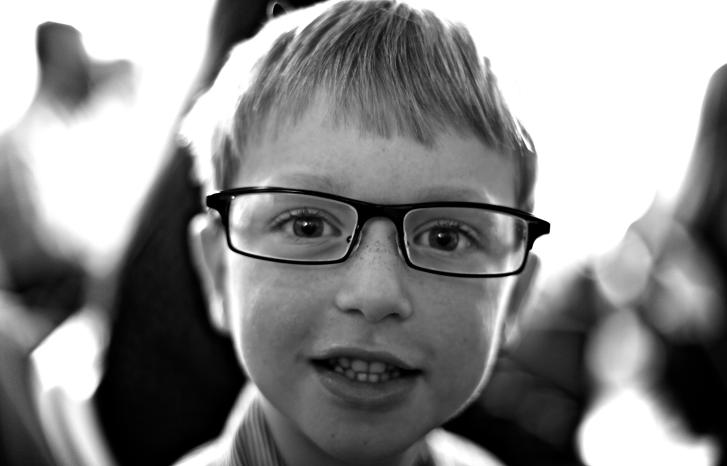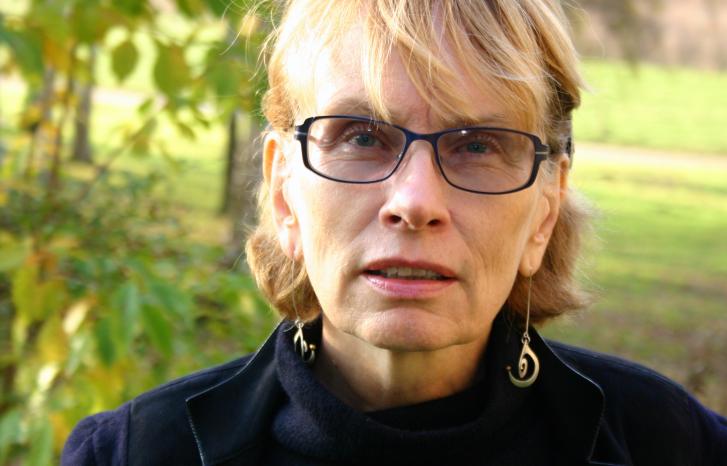In their first editorial, the two new editors Beatrice Halsaa and Anka Ryall describe it as a “prolonged and painful process”. Finding new Norwegian editors for NORA – Nordic Journal of Feminist and Gender Research was not easy.
A solution was found only when it became a question of survival for NORA. No editors, no journal.
“Is Nordic gender research likely to continue flourishing without an interdisciplinary English language journal,” the gender researchers had to ask themselves. The answer was no, Halsaa and Ryall write. “The journal is essential.”
“We believe it’s important to have somewhere to discuss and identify what is Nordic. In a world characterised by major crises such as climate change, war, and poverty, it is important to discuss issues such as how the Nordic welfare states handle these crises and their significance for equality and gender.”
The editorial responsibility has been taken on by turns between the Nordic countries since the start in 1993, and now it was Norway’s turn to take over from Denmark.
The solution was shared responsibility between Oslo and Tromsø. Professors Beatrice Halsaa from University of Oslo and Anka Ryall from UiT The Arctic University of Norway took over as editors in late 2015. In addition, Siri Øyslebø Sørensen from Norwegian University of Science and Technology (NTNU) in Trondheim is involved as book editor.

Everything you do must count
Halsaa believes that the lack of interest in taking on the responsibility has to do with the job conditions and with today’s research policy. Academia has become more focused on the individual and more career oriented. It is important for your career that everything you do gives credit.
“In the 1990s we didn’t have the Norwegian Scientific Index system. Today, everything you do is counted and measured. You’re required to think more strategically than you were before.”
Being an editor for a scientific journal gives no credit in the Norwegian Scientific Index system, only the researchers’ publications count. Prestige and financing depend on credit points achieved.
“Young researchers who need to distinguish themselves also want international experience, which is considered extremely important. Although NORA is an international journal, it is probably considered Nordic in this context, which is not as highly regarded.”
In the 1990s we didn’t have the Norwegian Scientific Index system. Today, everything you do is counted and measured. You’re required to think more strategically than you were before.
Voluntary work not tempting
Being an editor for NORA also involves unpaid voluntary work.
“The publishing company pays a small amount, but not nearly enough to cover the editorial work actually required,” says Halsaa.
“As it seems, it was easier to get researchers to make a contribution for the academic community without counting hours and pennies a few decades ago. Whether this has to do with changes in the researchers’ attitude towards feminist activism or tough economic realities I don’t know. But there are some interesting issues related to academic communities there.”
Within the next few years all Norwegian journals will become accessible free of charge via internet, through so-called Open Access. Consequently, the journals will lose today’s subscription income.
“The authors or the institutions will have to pay the publishers in order to get published while the readers will get everything free of charge. We are witnessing dramatic changes,” says Halsaa.
Read Halsaa's article about the history of Kilden here: From women's libraries to World Wide Web: the story behind Kilden
Want contributions from all disciplines
Although the initial phase was characterised by a laboriously and an initially negative process, the editors are now well into their work with the journal and have high ambitions for the journal’s next three years under Norwegian editorial leadership.
The social sciences seem to have dominated the contents of NORA in the past few years. This is something Halsaa and Ryall intend to change.
“Our ambition is to give the journal a broader and more inclusive profile,” says Halsaa.
“If we succeed with this, NORA will become a journal which is read and used by several disciplines.”
In their newly developed aims for NORA, the editors list some of the disciplines they hope might want to contribute to the journal: education, health science, history, law, literature, philosophy, political science, religious studies, sociology, and technology.
“Our field, gender research, is in reality such a broad field,” says Halsaa.
In accordance with the desire to include more academic disciplines, the editors also have as a pronounced goal that the scientific articles are accessible to a wider audience.
“They have to be accessible to people beyond the specific academic discipline. This means the researches have to avoid the use of internal jargon.”
Our ambition is to give the journal a broader and more inclusive profile. If we succeed with this, NORA will become a journal which is read and used by several disciplines.
Junior editorial board responsible for Facebook
As with every other journal, NORA’s subscription numbers are falling. But statistics are good when it comes to the number of downloaded articles, which also indicate that articles from NORA are widely used as syllabus literature in academic courses.
A new Facebook page has recently been established by the journal’s junior editorial board. The idea of a junior editorial board came from the Danes during their editorial period.
“There is a major generational shift within the field of gender studies,” says Halsaa.
“Those of us who started this and who were active in the 1970s and 80s are reaching retirement age. Thus, it is extremely important and exiting with these young junior editors. And it is equally exiting to see who will be interested in writing for us.”
The first issue of NORA under Norwegian editorial leadership will be accessible in printed version and electronically from early March.
Translated by Cathinka Dahl Hambro
- NORA – Nordic Journal of Feminist and Gender Research is a Nordic journal published in English, established in 1993.
- The journal publishes four issues each year, normally three open issues and one special issue. Accepted articles are published continuously online.
- NORA is a peer-reviewed journal currently ranged at level 1 in the Norwegian national research information system.
- The editorial responsibility is taken on by turns between the five Nordic countries, and Norway recently took over from Denmark.
- Professors Beatrice Halsaa from University of Oslo and Anka Ryall from UiT The Arctic University of Norway will be editors for the next three years, from 2016-2018.
- Siri Øyslebø Sørensen from Norwegian University of Science and Technology (NTNU) is new book editor while Elisabet Rogg from University of Oslo is new editorial secretary.
A list of previous issues and guidelines for authors for NORA is available from the journal’s home page at the publishing company Taylor & Francis.

